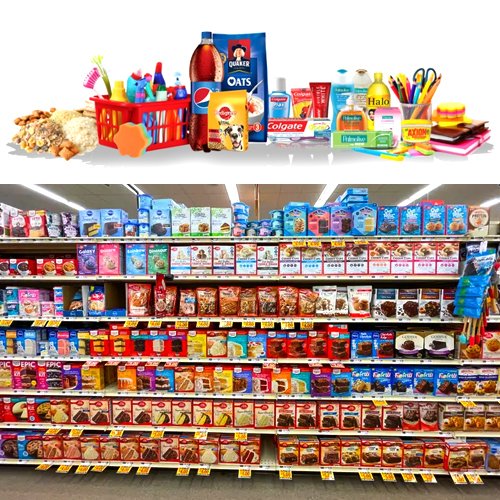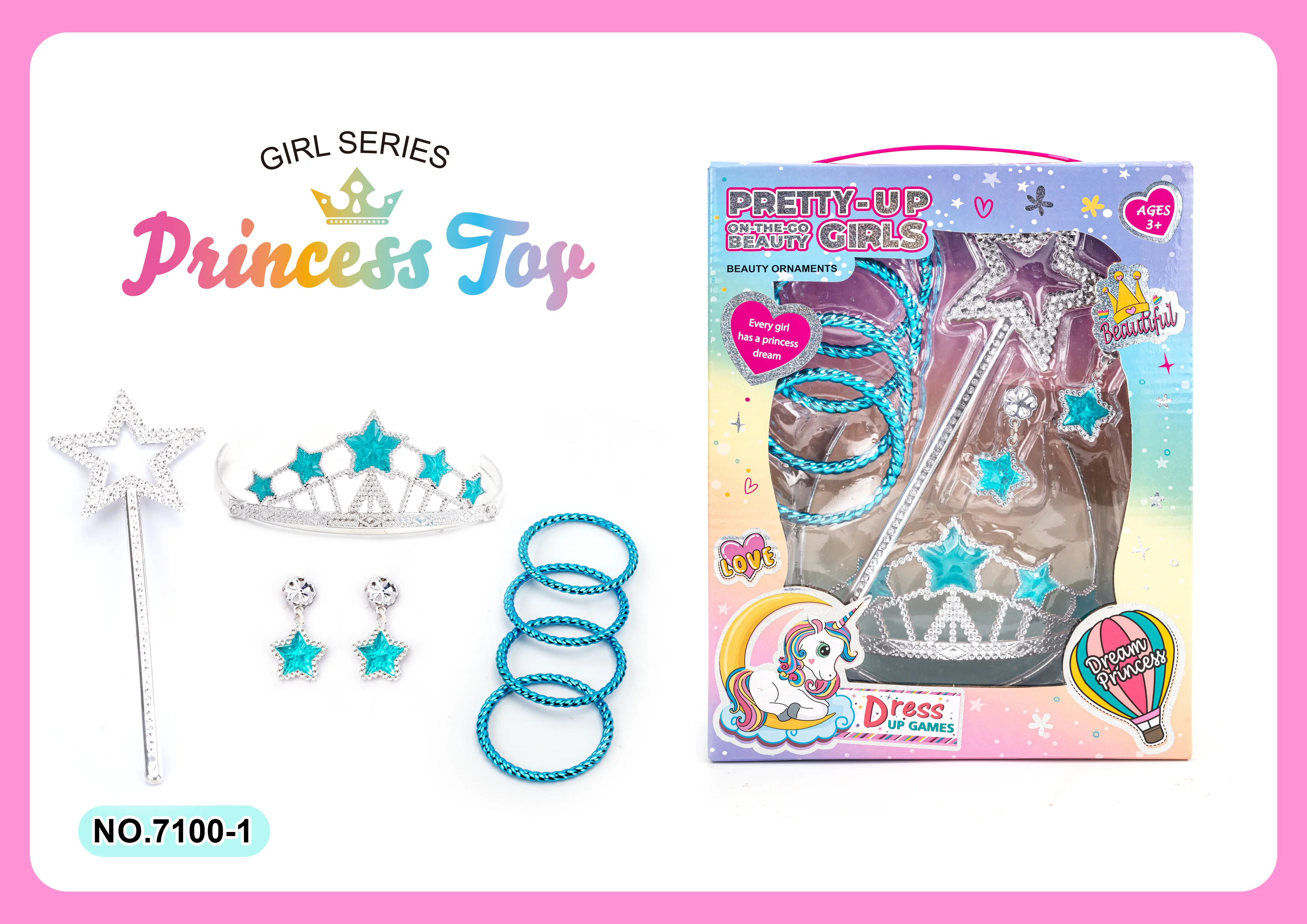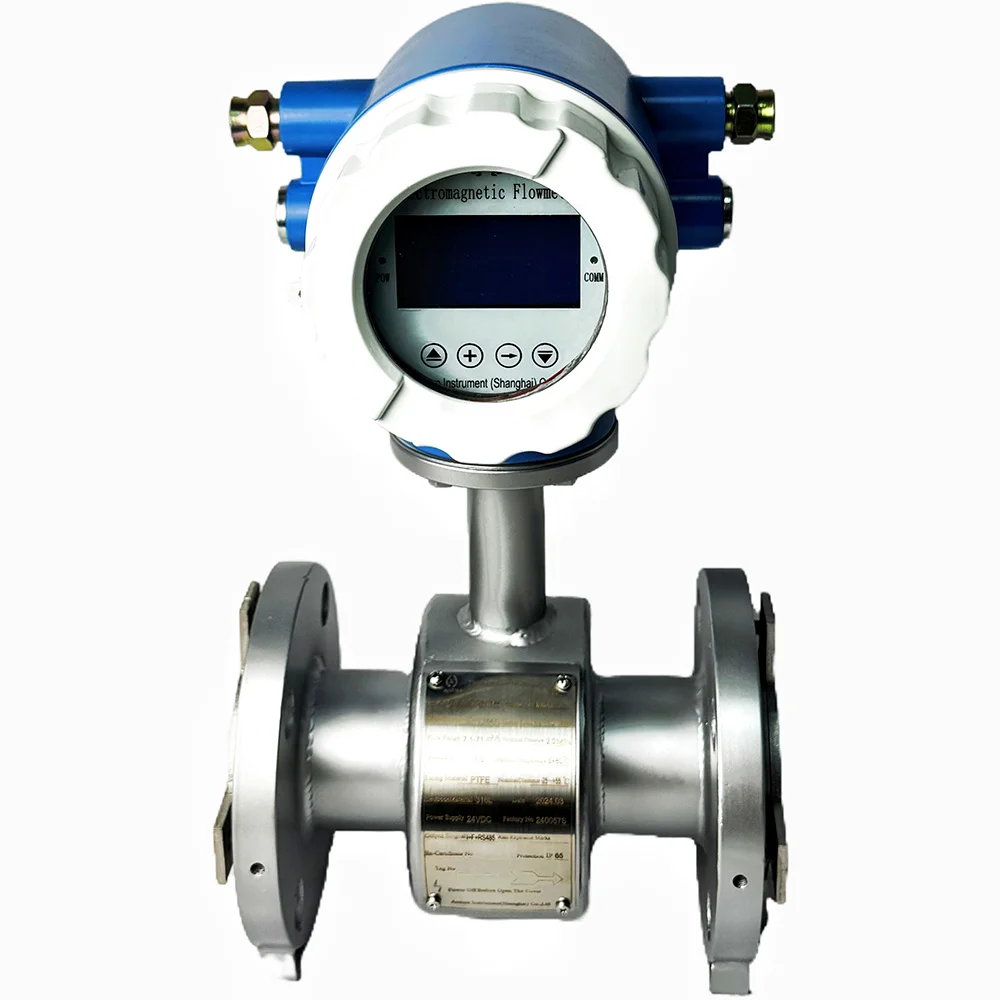Unveiling the Path to Success: Strategies for Growing in the FMCG Industry

The Fast-Moving Consumer Goods (FMCG) industry is a dynamic and competitive sector that encompasses a wide range of products, including food and beverages, personal care items, household goods, and more. Aspiring professionals and businesses seeking to thrive in this industry must navigate through various challenges and capitalize on opportunities to achieve sustainable growth. In this article, we will delve into the strategies and best practices for individuals and organizations aiming to grow and succeed in the FMCG sector.
Understanding the FMCG Landscape
To excel in the FMCG industry, it is crucial to have a comprehensive understanding of the market landscape, consumer behavior, and industry trends. Conducting thorough market research and analysis is essential to identify consumer preferences, emerging trends, and competitive dynamics. By staying abreast of market developments, businesses can tailor their product offerings and marketing strategies to meet evolving consumer demands, thereby gaining a competitive edge.
Innovative Product Development
Innovation lies at the heart of success in the FMCG industry. Developing innovative products that cater to consumer needs and preferences can significantly contribute to growth and market expansion. Whether it involves introducing new flavors, packaging designs, or incorporating sustainable and eco-friendly elements, product innovation plays a pivotal role in capturing consumer interest and driving sales. Embracing technological advancements and leveraging data analytics can also aid in identifying opportunities for product innovation and enhancement.
Strategic Branding and Marketing
Effective branding and marketing strategies are indispensable for achieving growth in the FMCG sector. Building a strong brand identity and establishing a compelling brand image can foster consumer loyalty and trust. Leveraging various marketing channels, including digital platforms, social media, and influencer partnerships, can amplify brand visibility and reach a wider audience. Moreover, implementing targeted marketing campaigns and promotions tailored to specific consumer segments can yield favorable results in terms of sales and brand recognition.
Supply Chain Optimization
A streamlined and efficient supply chain is critical for success in the FMCG industry. Optimizing logistics, inventory management, and distribution channels can lead to cost savings, improved product availability, and enhanced customer satisfaction. Embracing technology-driven solutions such as automated warehousing systems, demand forecasting tools, and real-time tracking mechanisms can bolster supply chain efficiency and responsiveness to market demands.
Adaptability and Agility
The FMCG industry is characterized by rapid changes in consumer preferences, market dynamics, and regulatory requirements. As such, businesses must exhibit adaptability and agility to navigate through uncertainties and capitalize on emerging opportunities. Flexibility in production processes, quick response to market shifts, and the ability to swiftly introduce new products or variations are essential traits for sustained growth in this fast-paced industry.
Sustainable Practices and Corporate Social Responsibility
In today's conscientious consumer landscape, integrating sustainable practices and demonstrating corporate social responsibility can significantly enhance a company's reputation and appeal. Embracing environmentally friendly initiatives, ethical sourcing, and community engagement not only aligns with consumer values but also contributes to long-term brand sustainability and growth.
Conclusion
In conclusion, the FMCG industry offers immense opportunities for growth and success, provided that individuals and businesses adopt strategic approaches and stay attuned to market dynamics. By prioritizing innovation, branding, supply chain efficiency, adaptability, and sustainability, stakeholders can position themselves for sustainable growth and competitive advantage in the dynamic FMCG landscape.






